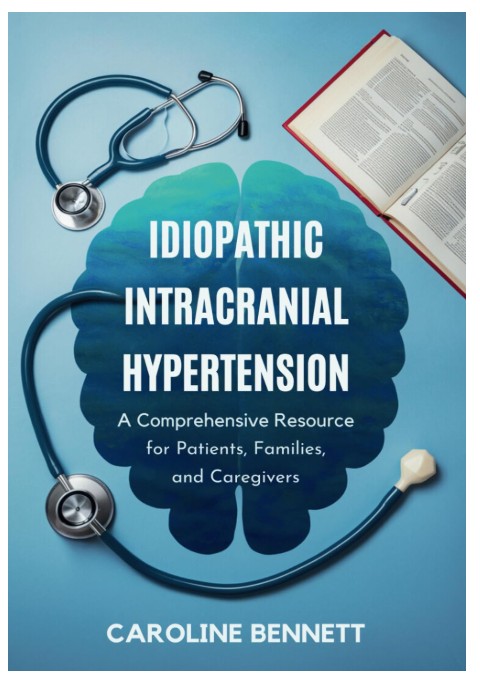Idiopathic Intracranial Hypertension (IIH), also known as Pseudotumor Cerebri, is a neurological condition characterized by increased intracranial pressure (ICP) without a detectable cause. The condition most commonly affects obese women of childbearing age, but can occur in individuals of any age, sex, or weight. This article aims to discuss the long-term effects and prognosis for patients diagnosed with IIH.
The symptoms of IIH mimic those of a brain tumor, hence its alternative name Pseudotumor Cerebri. Patients often present with headaches, visual disturbances such as double vision or temporary visual loss, pulsatile tinnitus (a whooshing sound in the ears), and sometimes neck or back pain. If left untreated, IIH can lead to permanent visual loss due to damage to the optic nerve.
Long-term effects of IIH are largely dependent on the management and control of the disease. The most serious potential effect is irreversible vision loss which can occur due to chronic papilledema – swelling of the optic disc caused by increased ICP. Other possible long-term effects include persistent headaches and cognitive issues such as memory problems or difficulty concentrating.
Despite these potential complications, the overall prognosis for patients with IIH is generally good if the condition is properly managed. Treatment typically involves weight loss and medications to reduce ICP such as acetazolamide or topiramate. In severe cases where vision is threatened, surgical interventions like optic nerve sheath fenestration or shunting procedures may be necessary.
Studies have shown that with effective treatment and management strategies in place, many patients experience significant improvement in their symptoms over time. However, it’s important to note that recurrence rates can be high – up to 20% within two years according to some studies – necessitating ongoing monitoring even after symptoms have resolved.
In terms of quality of life (QoL), research suggests that IIH can have a significant impact, particularly in relation to physical health and pain. However, with effective management of symptoms, many individuals are able to maintain a good QoL.
In conclusion, while Idiopathic Intracranial Hypertension can potentially lead to serious complications such as permanent vision loss, the prognosis for patients is generally positive with appropriate treatment and management. Regular follow-ups and monitoring are essential to manage the condition effectively and mitigate the risk of long-term effects.



